
Last week I talked about tagging procedures on Steam (See Steam 101: How to Tag Your Game).
Tagging is hard. I have found cases where well meaning indie devs incorrectly tag their game and inadvertent opt their game into a very selective subculture like some clueless tourist committing a faux-pas like bowing when they should have curtsied. Actually it reminds me of that episode of the Simpsons where Homer wears a Rastafarian hat.
It isn’t a big deal. Don’t worry. Nobody will kick you off Steam for the wrong tag, but, it does cause cases where your game is shown to the wrong audience and can setup inaccurate expectations from an audience that knows a lot more about the genre than you do.
In this week’s blog, I want to introduce you to some tags that might seem insignificant and you might add them thinking “why not? my game is kinda like this” but secretly they have very specific implications.
Warning: Please don’t email me or tweet at me the finer genre distinctions of turn based tactics vs turn based strategy. I am going to tell you right now, you are correct in your genre classification. You win. The purpose of this article is mainly to warn people who have never heard of these genres from using them accidentally because they didn’t know any better. If you know you are making a Tactical RPG and say as much, you probably don’t need this article.
What is a Character Action Game and Spectacle Fighter?
Most games have action, most games have characters, most games are games. So why not add the tag Character Action Game? Because this tag is reserved for very specific games such as Devil May Cry and Bayonetta.

According to this thread on Giant Bomb a Character Action Game is
It’s basically the modern evolution of the old school beat ’em up. Third-person camera (typically elevated slightly above the character with a fairly wide angle view), character attacks waves upon waves of enemies with a little environment traversal and some puzzles thrown in here and there.
Character action typically denotes a strong combat system focusing on combos. I.E. DmC (Devil May Cry) and God of War. Assassin’s Creed is not a character action game because the focus is not on the combat.\
Some Guys from Giant Bomb
Spectacle Fighter seems to have the same overlap as a Character Action Game.
Rock Paper Shotgun describes it as:
Combination of a deep combat system, an in-depth scoring system and a higher-than-normal level of difficulty.
Rock Paper Shotgun
The interesting thing is that Devil May Cry 5 and Bayonetta don’t even use that tag. They seem to be added by their fans.
Games that are NOT CAG despite having characters and action:
- Assassins Creed
- Metal Gear Solid
Additional reading:
What is Interactive Fiction?
This is another tag that sounds like a descriptor: Sure my game is interactive and there is a story so of course, lets tag it as Interactive Fiction! However, IF (as true fans call it) is a very specific genre with its own set of fan expectations and in fact a whole annual competition called IFComp.
Interactive Fiction is software simulating environments in which players use text commands to control characters and influence the environment. Works in this form can be understood as literary narratives, either in the form of interactive narratives or interactive narrations.
Wikipedia:
If this is the first time you have heard of this genre, don’t tag your game with Interactive Fiction because it probably doesn’t mean what you think it does.
Example Games:
Additional Reading:
What are Hidden Object games
Games are full of hidden objects. That is half the fun of them! However, the “Hidden Object” Tag isn’t describing a feature of the game, it is describing a whole genre that is very similar to Where’s Waldo? (or Wally).
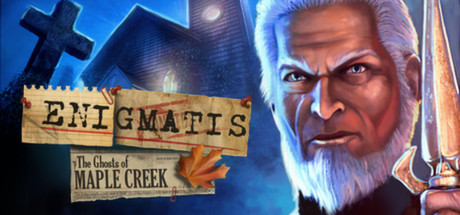
A hidden object game (sometimes called hidden picture) is a genre of puzzle video game in which the player must find items from a list that are hidden within a picture. Hidden object games are a popular trend in casual gaming, and are comparatively inexpensive to buy. Time-limited trial versions of these games are usually available for download.
Fandom.com
They are most popular on Casual Portals such as Big Fish Games. See here
Example Games:
Additional Reading
- Steam Hidden Object Tag
- Successful Premium Casual Games (this by the way is one of my favorite game marketing talks in the history of game marketing talks.)
What is Precision Platformer?
Precision Platformer is a sub genre of Platformer that focuses on really tight controls and very difficult levels. Players must be quick and execute nearly perfectly to proceed. Precision Platformers are NOT randomly generated because they rely on player learning and perfecting on a set level.
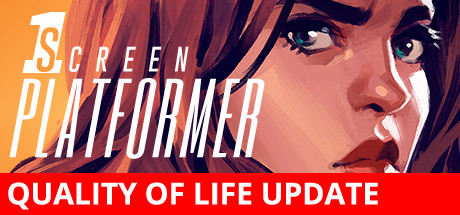
Examples Games
- 1 Screen Platformer (My game!)
- Super Meat Boy
Example Games that are NOT Precision Platformers
What is a colony sim vs a god game vs base building vs city builder?
The building genre is very popular right now with the Steam audience but there are some very specific genres within it.
Colony Sim
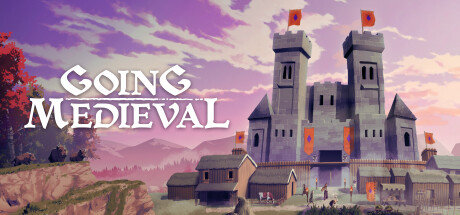
Players build, expand or manage fictional communities or projects with limited resources. Players must manage resources while expanding their project. Definition from Wikipedia
Example Games:
Additional Reading:
- The Most Niche Simulation PC Games We Could Find
- Colony Sim Definition
- Construction and Management Simulation
- Steam Colony Sim Tag
God Game
This City building but an added element of miracles and super natural intervention, terrain modification, concept of “followers” who are subservient.
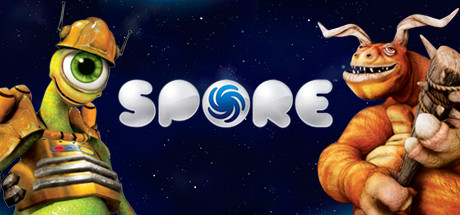
Example Games:
Additional Reading:
Base Building
A genre “where building bases is either the core focus on the game, or substantial enough to be considered just as neccesary as the other parts of the game” – Definition per this Reddit thread
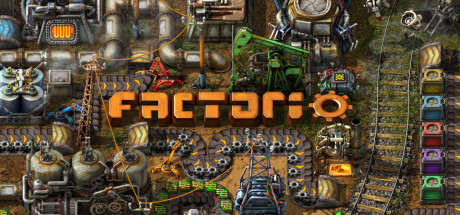
Example Games
Additional Reading
City Builder
From wikipedia: city-building game, or town-building game, is a genre of simulation video game where players act as the overall planner and leader of a city or town, looking down on it from above, and being responsible for its growth and management strategy. Players choose building placement and city management features such as salaries and work priorities, and the city develops accordingly.
Basically it is like base building but the goal isn’t to build a base that is ready for an invasion. It is focused on municipal needs. Also usually a civic and not sci-fi setting.

Example Games:
Additional Reading
That’s it. That’s tags
Don’t think too much about tags. I hope these two articles help. Probably the easiest way to make sure your genres are right, just go talk to super fans of your game’s genre. They will tell you what it is and what it is not. Fans typically know more about game genres than developers.
If you need more information about talking to fans, I would read these articles.
I don’t consider myself a ‘gamer’, but I knew all of these. I don’t even have a giant Steam collection. Is it younger developers that aren’t familiar with these tags or something? I just find it hard to believe that someone could be so invested in games that they spend 6+ months working on one and not know some pretty pivotal genres. I will say that I didn’t know the term 4X before you started using it. But I haven’t played 4Xs since I was a kid.